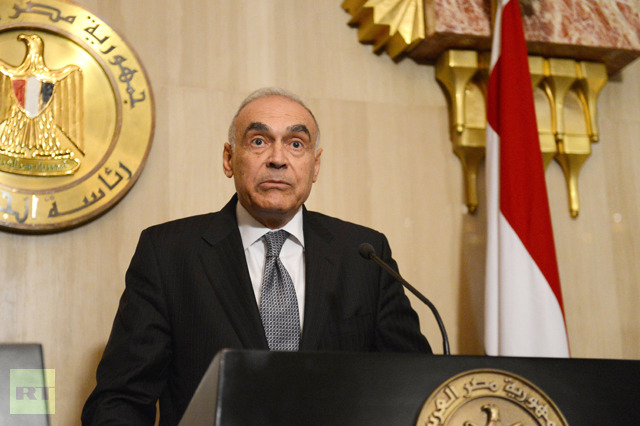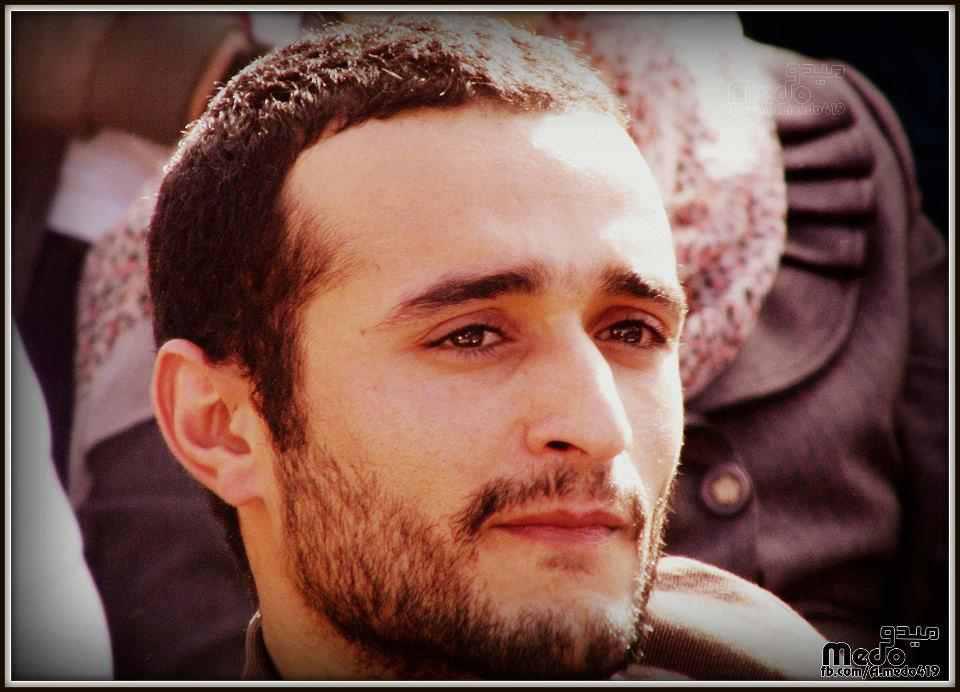
(Photo handout to Daily News Egypt)
The North Coast tourist region is considered virgin land with untapped resources, according to Anwar Helal, Chairman of the Egyptian Vacation Club.
In an interview with Daily News Egypt, Helal mentioned that total tourism investments in the region exceed $500m. According to the chairman, the region includes 2,000 functioning rooms owned by five companies. The Egyptian Vacation Club is one of the companies with investments in the region.
How do you view current investment indicators of the North Coast region?
The North Coast is still a highly untapped region, and so far its resources have not been utilised, as the region has 2,000 hotel rooms belonging to five companies with investments that amount to $300m, in addition to 5,000 rooms under construction.
Calculating the functioning and under construction hotel investments, they won’t be less than $500m, and they need state support, work on marketing major tourist events, and issuance of laws that incentivise pumping money in to them for their completion.
The region is not more than four hours away from Northern Europe, and less than three hours from southern Europe, in addition to its closeness to major tourist exporting countries, especially Italy.
For the region to be promising for investors and to attract capital, there has to be a unified land law that facilitates procedures and approvals that make investors willing to pump money in this region.
Do you mean that investors suffer from problems in the region?
Indeed, investors suffer from great problems in the region, especially in relation to illegal seizure of land at the hands of the inhabitants, as these circumstances obstruct expansions in pumping new investments.
In your opinion, what is the solution to such problems?
I think that for the past 10 years, the state has abandoned providing the people of Matrouh with basic life requirements, from education to hospitals and schools, which would be enough to put an end to the problem of illegal seizure of land.
Because, when the people feel that the investment would develop their residential areas and generate job opportunities for their children, they will work on protecting the investment and defending it against radical views.
Developing the region is very random, as well as the need to respect the laws set by the state.
How can 350 km of Egypt’s most beautiful region remain unused until now? These are lost investment opportunities, not only for the state, but for our children and in terms of their chances of living a decent life.
Hotels here work for three months only, when they could work for six months if the Burj Al-Arab, El Alamein, and Matrouh airports were developed.
The Ministry of Civil Aviation should launch a flight line between Cairo and Matrouh, which would help transport a great number of people to the region during summer.
What marketing activities are you holding in light of the current tourism decline in the region?
We agreed with foreign trip organisers to jointly bear the cost of empty flight seats, and there is an agreement with one company to organise trips from Munich, Germany to El Alamein. The first trip will be next month.
How much does a single room cost per night currently?
Room prices in the region at the moment vary between €30 and €35, but you have to know that room prices in 2010 exceeded €80. However, we are operating at these prices despite the increase in operating costs, so as not to close our facilities.
Do these prices not affect the service quality?
Yes, in fact they do affect the quality of the services offered to tourists, but we are working on raising standards by raising marketing efficiency and attracting new tourist segments to the region.
We are forced to sell at such prices because the tourists visiting the region are poor tourists, compared to other Mediterranean regions to which the wealthy tourist go.
We expect occupancies to increase starting from the second half of this month.
Have you thought of domestic tourism attraction as one of the alternatives to face the decline of tourism in the region?
Actually, we have thought about that, and we are about to launch a tourist programme for Egyptians at EGP 600 per person per night, which helps attract different segments of Egyptians to the region.
Do you not think that this price is high for Egyptians?
Tourism for Egyptians is an individually-based tourism, so they are treated on this basis, contrary to group tourism, in which the tourists get lower prices for a trip to the region. Domestic tourism in Egypt requires a lot of effort in organising and marketing.
What about the company’s investments in the region?
The company has a project of 400,000 sqm; its first phase is now complete with a cost of EGP 200m. The capacity of the first phase is 350 rooms, while the total investment cost of the projects is EGP 800m.
What about the next phases?
The launch these phases depends on the increase in tourist flow to the region and the recovery of tourism in Egypt.
Did the recent terrorist acts by “Islamic State” in Libya and Tunisia affect tourist flow to the region?
Yes, actually these criminal events have negatively affected the flow of tourism to the region, as the tourists know that the North Coast is close to the Libyan border. Although security authorities are completely securing the region, tourists are still afraid, as security is the basis for tourism.
How do you view the tourism indicators of the last period?
Tourism indicators in Egypt are still very weakgiven the existing hotel capacity, and we hope the sector recovers this year.



